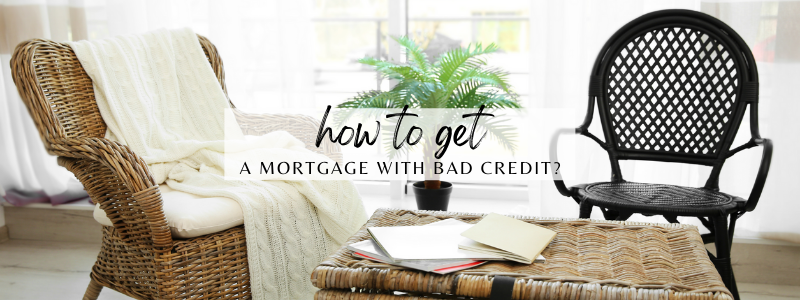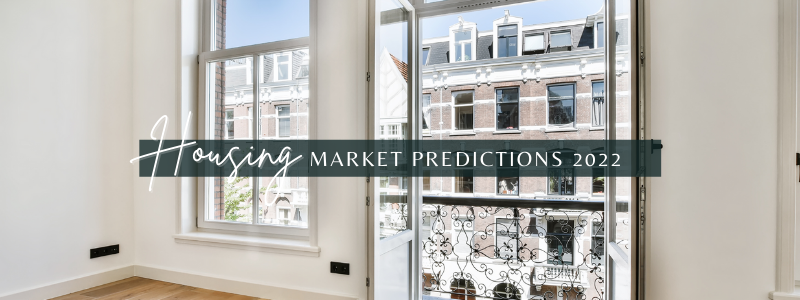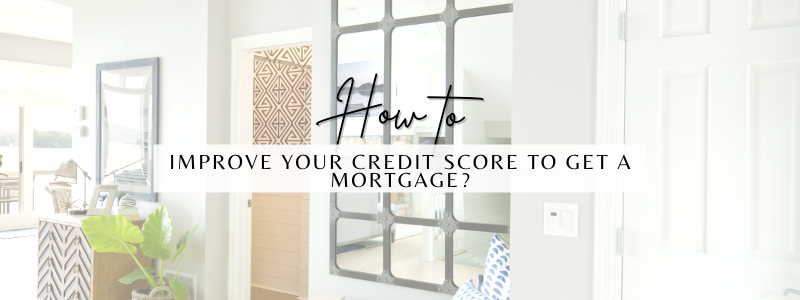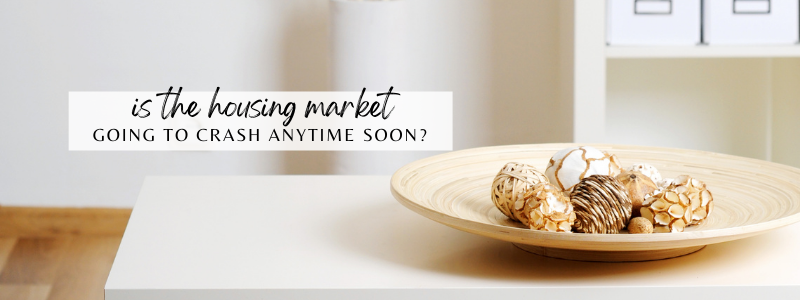
Buying your first home can be exciting and overwhelming at the same time. You’re fulfilling the
American dream but at the same time, taking on the largest debt of your lifetime.
Fortunately, there are many great mortgage loans for first-time homebuyers. Here are our top
choices.
FHA Loans
FHA loans used to be known as a ‘first-time homebuyer’s loan.’ While today anyone can use the
program, it is a great program for anyone that hasn’t owned a home before because of its
flexible guidelines and low down payment requirements.
FHA loans require mortgage insurance for the life of the loan at a rate of 0.85% of the loan
amount. Your insurance payment decreases each year as you pay your balance down, but you
pay it for the life of the loan.
How to Qualify
• Minimum 580 credit score
• Maximum 43% – 50% debt-to-income ratio
• At least 3.5% of the purchase price as a down payment
• Stable income and employment for the last 2 years
• No recent bankruptcies
• Proof you’ll occupy the property as your primary residence
Conventional Loans
Conventional loans are reserved for borrowers with good credit, but it doesn’t have to be
perfect. We’ve seen borrowers get approved with a credit score of 660 which isn’t in the ‘good
credit’ range.
Conventional loans are different from FHA loans because you can cancel your Private Mortgage
Insurance once you owe less than 80% of the home’s value. This means your mortgage payment
will decrease once you eliminate PMI.
How to Qualify
• Minimum 660 credit score
• Maximum 36% – 43% debt-to-income ratio
• At least 3% down payment (5% if you owned a home before)
• Stable income and employment for the last 2 years
• No recent bankruptcies
VA Loans
VA loans are for veterans that served or are serving our country. This flexible mortgage program
doesn’t require a down payment and has the most flexible guidelines for veterans.
The program is only for owner-occupied properties and is a great option for veterans right out
of the military looking to buy their first house.
How to Qualify
• Minimum 620 credit score (this varies by lender since the VA doesn’t have a minimum
credit score requirement)
• Maximum 43% – 50% debt-to-income ratio
• No down payment required
• Adequate disposable income according to your location and family size according to VA
guidelines
• Stable income and employment or proof of future employment if you just got out of the
military
• Proof you’ll occupy the property as your primary residence
• Certificate of Eligibility to prove you are eligible for a VA loan
Final Thoughts
If you’re a first-time homebuyer, you have many mortgage options available to you. Compare
your options and get quotes from at least 3 lenders. Each lender has different requirements and
charges different rates and fees.
I’m happy to help you figure out which loan is right for you as well as help you find the house
that’s perfect for your needs. Together we’ll make your dream of homeownership come true.





